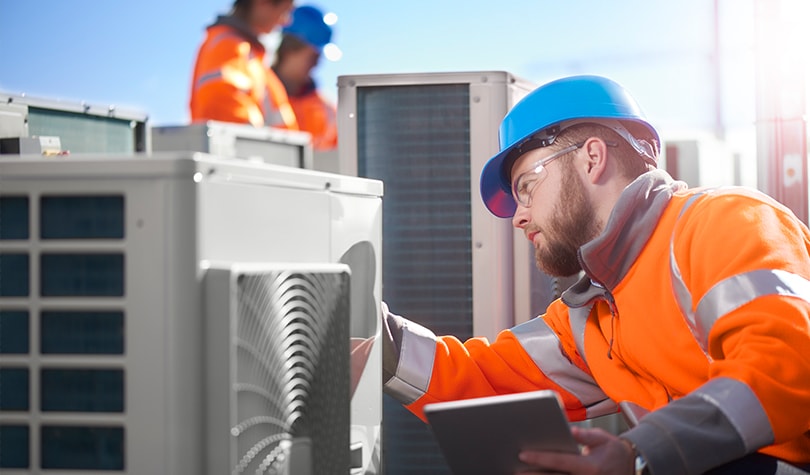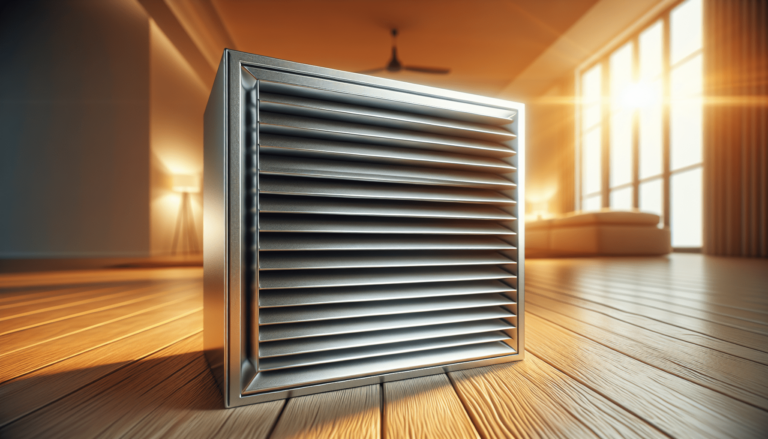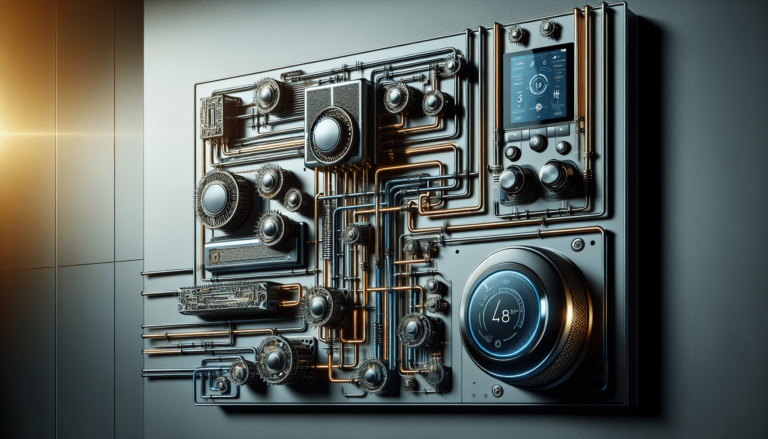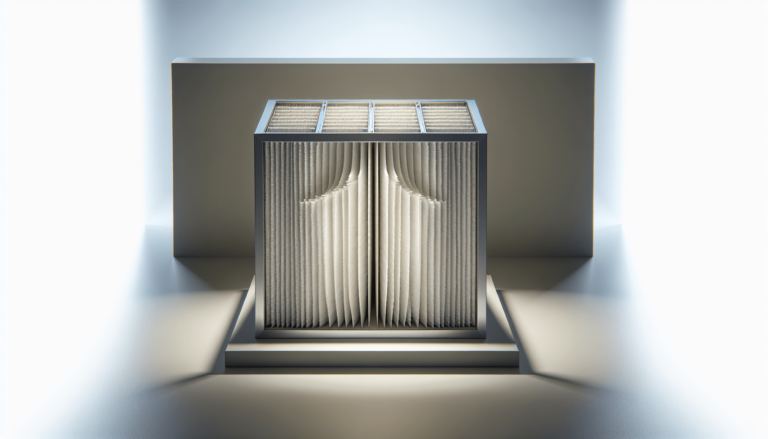

HVAC Services
Get Professional Repairs From The Area's Trusted HVAC Technicians. Ask About Our Services! We Offer Professional Heating & Cooling System Repairs And Guarantee Long-Lasting Results.
Got Question? Call us: (850) 678-2665Financing
Addressing Common Residential HVAC Problems
Learn how to address common residential HVAC problems to keep your home comfortable and efficient. Find solutions and maintenance tips here!

Welcome to a helpful guide on addressing common residential HVAC problems! Whether you’re dealing with a malfunctioning thermostat, poor airflow, or strange noises coming from your unit, understanding the root causes and potential solutions can save you time and money in the long run. To ensure your home stays comfortable year-round, make sure to reach out to the experts at Tempacure Heating and Air Conditioning in Niceville, FL for all your HVAC needs. With their experienced team and top-notch services, you can trust them to keep your system running smoothly.
Have you been experiencing issues with your home’s heating, ventilation, and air conditioning (HVAC) system? You’re not alone! Many homeowners run into common HVAC problems that can cause discomfort and even lead to costly repairs if not addressed promptly. In this article, we will discuss some of the most prevalent residential HVAC issues and provide solutions to help you keep your system running smoothly.
Understanding the Importance of Regular HVAC Maintenance
Regular maintenance is crucial in keeping your HVAC system operating efficiently and effectively. By scheduling routine maintenance checks, you can identify and address potential problems before they escalate into major issues. Additionally, proper maintenance can prolong the lifespan of your system and save you money on energy bills in the long run.
Ensuring that your HVAC system receives regular maintenance can help you avoid unexpected breakdowns and costly repairs down the line. By taking proactive measures now, you can save yourself time and money in the future.
Common HVAC Problems and Solutions
1. Air Filters
One of the most Common HVAC issues is dirty or clogged air filters. When air filters are dirty, they restrict airflow, causing your system to work harder and consume more energy. This can result in reduced indoor air quality, higher energy bills, and even system overheating.
To address this problem, it is recommended to check and Replace your air filters regularly. Most filters should be replaced every 1-3 months, depending on the type and usage of your HVAC system. By replacing your air filters as needed, you can improve airflow, indoor air quality, and energy efficiency.
2. Thermostat Malfunctions
Another common HVAC problem is thermostat malfunctions. If your thermostat is not functioning properly, it can lead to erratic temperature control, uneven heating or cooling, and overall discomfort in your home. In some cases, a malfunctioning thermostat can also cause your HVAC system to short cycle or run continuously.
To troubleshoot thermostat issues, start by checking the batteries, settings, and calibration. If the problem persists, you may need to recalibrate or replace your thermostat. By ensuring that your thermostat is functioning correctly, you can maintain a comfortable temperature in your home and prevent unnecessary strain on your HVAC system.
3. Refrigerant Leaks
Refrigerant leaks are another common HVAC problem that can affect the performance of your air conditioning system. Low refrigerant levels can lead to reduced cooling capacity, increased energy consumption, and potential compressor damage. If left unaddressed, refrigerant leaks can cause your system to break down and require costly repairs.
If you suspect a refrigerant leak, it is important to contact a professional HVAC technician for inspection and repair. A qualified technician can identify the source of the leak, repair the damage, and recharge your system with the correct amount of refrigerant. By addressing refrigerant leaks promptly, you can restore your system’s efficiency and prevent further damage.
4. Lack of Maintenance
Neglecting regular maintenance is a common issue that can lead to a wide range of HVAC problems. Without proper maintenance, your system is more susceptible to wear and tear, breakdowns, and reduced efficiency. Additionally, lack of maintenance can void manufacturer warranties and increase the risk of costly repairs in the future.
To prevent common HVAC problems associated with lack of maintenance, it is recommended to schedule annual tune-ups with a licensed HVAC technician. During a maintenance visit, a technician will inspect, clean, and tune your system to ensure optimal performance and efficiency. By investing in regular maintenance, you can extend the lifespan of your HVAC system and enjoy consistent comfort year-round.
5. Electrical Component Failures
Electrical component failures are another prevalent HVAC issue that can disrupt the operation of your system. Faulty electrical components, such as capacitors, contactors, and relays, can cause your system to malfunction, fail to start, or shut down unexpectedly. In some cases, electrical failures can lead to safety hazards, such as electrical fires or electrocution.
If you suspect an electrical problem with your HVAC system, it is crucial to turn off the power and contact a professional technician immediately. Attempting to repair electrical components yourself can be dangerous and may result in further damage to your system. A trained technician can diagnose the issue, replace faulty components, and ensure that your system is safe to operate.
Conclusion
In conclusion, addressing common residential HVAC problems requires proactive maintenance, troubleshooting, and timely repairs. By understanding the importance of regular maintenance, recognizing common HVAC issues, and implementing preventive solutions, you can keep your system running smoothly and efficiently. Remember to schedule annual tune-ups, check and replace air filters regularly, troubleshoot thermostat malfunctions, and address refrigerant leaks promptly. By taking these proactive measures, you can ensure the comfort, efficiency, and longevity of your HVAC system for years to come.







